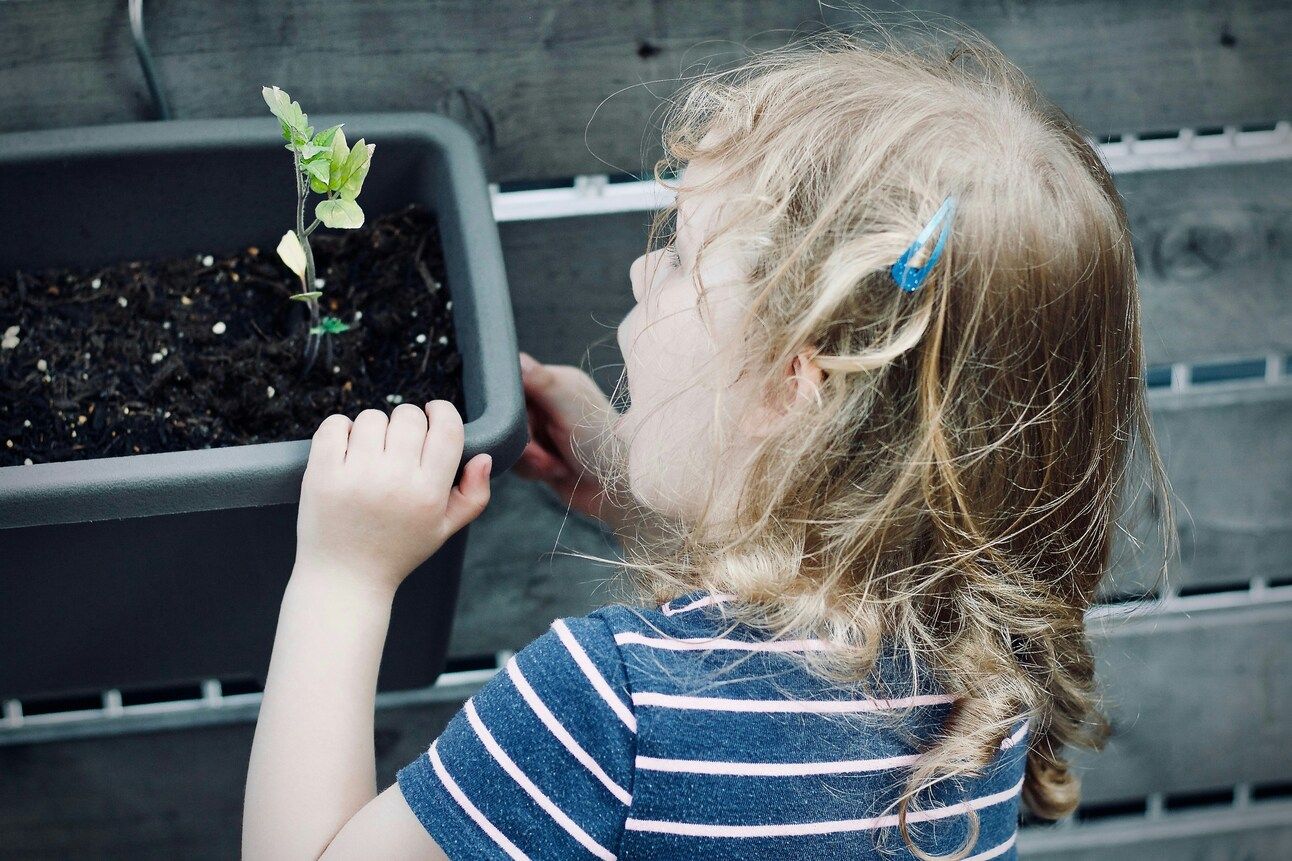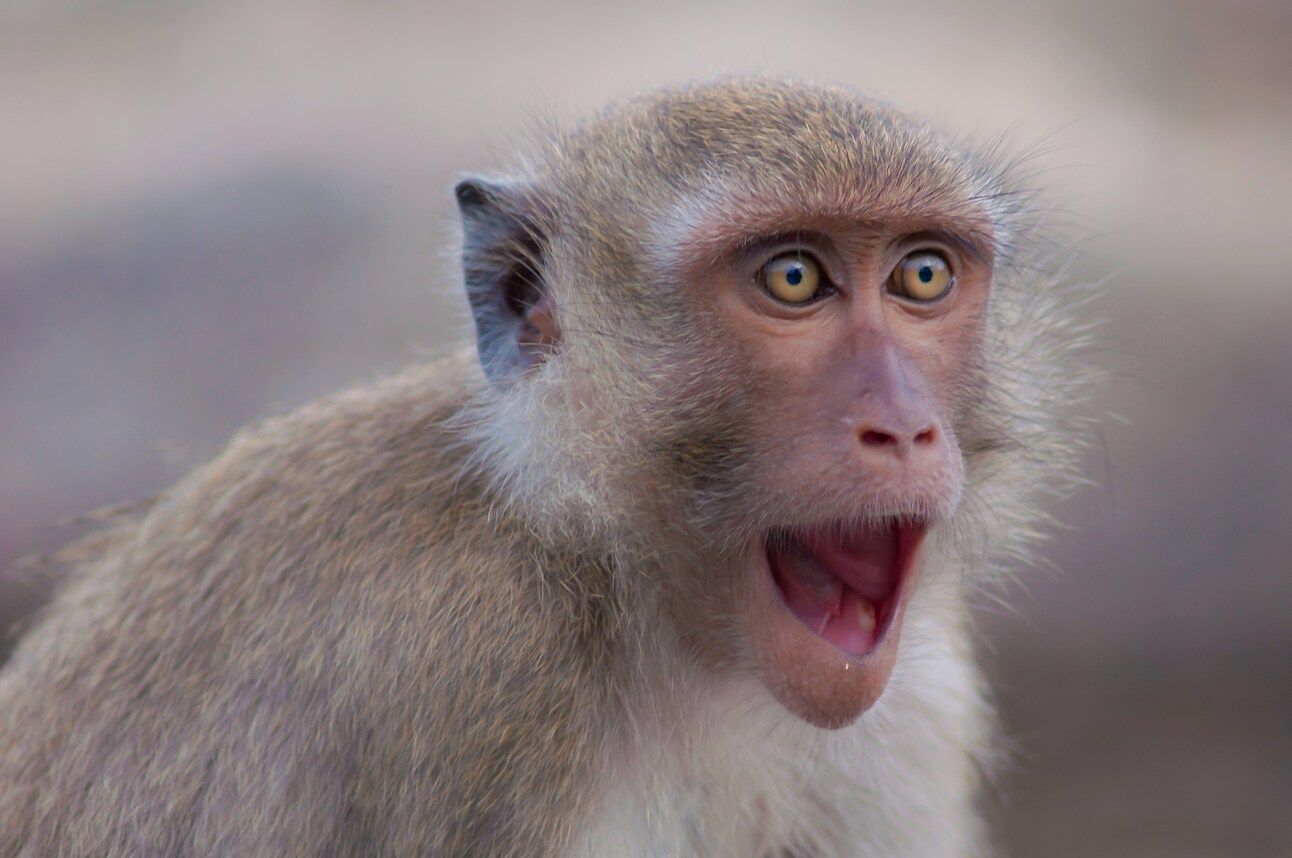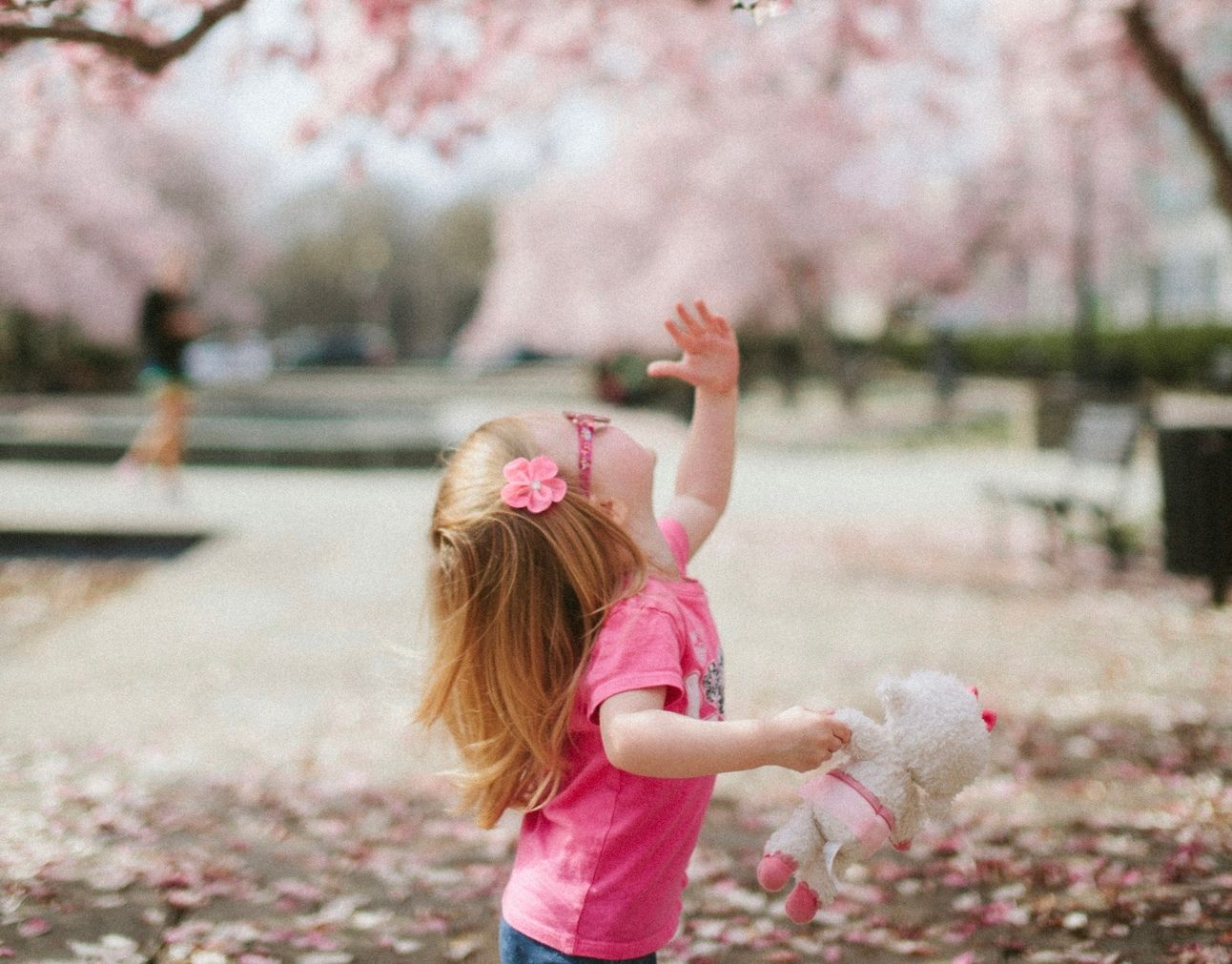We are all born exactly the same. Our brains are a blank slate. From the moment we take our first breath, our eyes are wide open with wonder and curiosity about the world.
But, somewhere along the way, we lose that sense of curiosity—that sense of awe and wonder. That curiosity we had back when everything was new and exciting. Back when it was okay not to act like we already know everything.
What happened? Did the world suddenly become less awe-inspiring overnight? Where did that sense of awe and curiosity go?

It’s as if we hit adulthood and we stopped learning. As if we’d already learned everything we needed to learn and seen everything there is to see. We no longer ponder things like why music moves us emotionally, why we dream at night or why there are never any squirrels at Augusta National during The Masters in April.
In our more mature, incurious state of mind, we don’t want to run the risk of looking ignorant—as if the possibility of appearing uninformed about a complex subject outweighs the opportunity to learn something new. It doesn’t.
Our lack of curiosity often causes us to miss out on one of life’s greatest joys: learning.

Be this guy.
Surprisingly, despite our enlightened state of mind, we aren’t that happy. Even with all our modern conveniences (see Air Conditioning, Netflix, DoorDash, Uber, Waze, and Bluetooth) people were actually much happier in 1950—back when people thought Spam was really meat and Tang was really juice.

See, the 1950s are considered the golden age of prosperity and contentment in the United States. But consider this: back in 1950, only 33% of American homes had indoor plumbing and a flushable toilet. I wrote about toilets last week. You can read it here. (Curious now, aren’t you?)
Thirsty for Knowledge
In the 1950s, roughly 7.7% of Americans had a college degree. Today, it’s over 37%. You’d think all that advanced education would create an entire population of people thirsty for more knowledge—but it didn’t.
The man who cannot wonder, who does not habitually wonder (and worship), is but a Pair of Spectacles behind which there is no Eye.
Perhaps they just had fewer distractions and more focused outlets for their curiosity. Back when you only had three TV channels and no internet to surf. Back when people spent more time reading, exploring, and wondering about things instead of watching cat videos.

Ironically, we have access to more information today than in 1950. It’s estimated that 90% of the world's information was generated in the last two years. In the space of the last 13 years, the amount of information available has increased by an estimated 74 times. Last week I had a two-minute verbal conversation with ChatGPT about Plato, Socrates and curiosity.
To put it in perspective, every minute:
Over 500 hours of video are uploaded to YouTube.
Around 350,000 tweets are posted on X (formerly Twitter).
Nearly 250 million emails are sent.
Yet, in the midst of all that information, we’ve never been less curious about the world. How strange.

The Curios Benefits of Curiosity
According to research from Harvard Business School, curious people don't just acquire more knowledge but also engage more deeply with life, experiencing it more fully through their constant pursuit of new information and experiences.
Curious people report 37% higher life satisfaction scores than their less curious counterparts. They're more likely to try new experiences, meet diverse groups of people, and even live longer.

As evidence, the Gallup World Happiness Report suggests one of the key indicators of happiness around the world is whether someone learned or discovered something new yesterday. Today, only 60% of the U.S. population claims to have learned something new the previous day. That seems impossible given the amount of information at our fingertips. Compared with, say, Afghanistan where only 17% of people learn something new each day. Okay, Afghanistan really has nothing to do with the story. Can I take that back?

The problem isn't that we've lost our curiosity—it's that we've been trained to suppress it. Somewhere along the way, we learned to stop asking questions. We grew afraid of being labeled, well, dumb.
So, we traded curiosity for certainty, wonder for arrogance and awe for indifference.
“I know that I know nothing.”

Perhaps that’s why, in a 2023 Gallup survey, only 52% of Americans reported that they were “thriving.” Could it be too much certainty, too much arrogance and too much indifference?
Every day, more people Google "how to be happy" than "how to be rich." Yet we spend more time working on our bank accounts than our happiness. What if the path to happiness and prosperity starts with being more curious?
“Maybe that’s enlightenment enough: to know that there is no final resting place of the mind; no moment of smug clarity. Perhaps wisdom… is realizing how small I am, and unwise, and how far I have yet to go.”
Given the vastness of the world, it’s safe to assume that we only have a tiny fraction of knowledge on any subject. Surprisingly, the recognition of that lack of knowledge can make us feel anxious, uncertain and unwilling to learn more. But the answer isn’t to dig in. The answer isn’t to become more arrogant about our understanding of things for which we know so little.
The answer is to become more curious; to trade arrogance for curiousity. When you're curious, you're more engaged with life, more open to experiences, and more likely to grow and adapt.

So, what can you do to reinvigorate that sense of child-like wonder? Start by asking more questions. Then break up your routine. Take a different route home. Listen to new music. Try a new food. Or, just watch how little children interact with the world and try to channel some of that pure, unadulterated energy and curiosity. Maybe—just maybe—you’ll find in that curiosity the secret to happiness.
So, now I’m curious—how has your sense of wonder and awe shaped your life? Let's explore this together and see if we can learn something, okay? I read and respond to ALL comments, especially yours.
Last year 500,000 people read Wit & Wisdom. I analyze data to uncover surprising trends & patterns and provide deep dives into what’s really shaping your world. Did I mention it’s free? The only thing missing is you.
